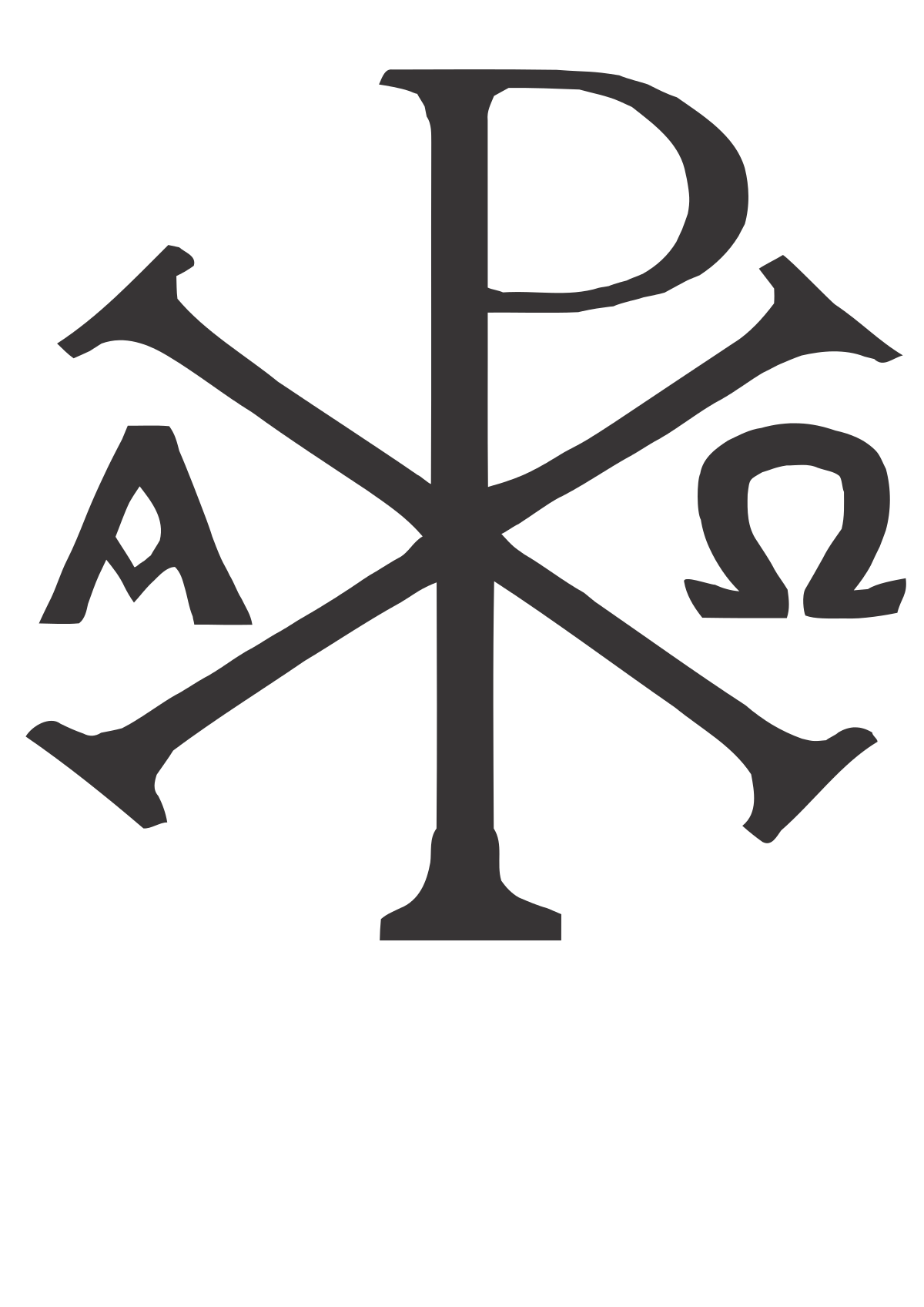On Trustworthiness
Trust is finicky. It can be gained, lost, and faked. Perhaps no skill matters more than the ability to know who to trust, how much to trust them, and for how long.
Knowing if someone is telling the truth, or not, is one function of trust. Just as important is knowing whose ability to trust. Trust permeates personal relationships, and life and financial outcomes.
Even more than trust, leverage is an increasingly popular concept in tech and business. There are popular blog posts by luminaries, like the most celebrated of all philosophers in the history of humanity, Naval, on how to expand one's leverage across industries. Seemingly everyone I know wants to know how to better leverage their time.
Properly placed trust is the highest leverage any of us can find. The higher in a given hierarchy your trustworthiness meter is accurate, the more leverage you generate, and the more margin you have for error in every other area of your life. If someone trusted Warren Buffett with his or her money in 1956, most every other decision with his or her money would have been a rounding error.
In technology, the most trusted CEO in Silicon Valley is almost surely Patrick Collison. Collison is a former math and science prodigy who has turned Stripe into a powerhouse. Stripe now runs a printing press, processes more payment volume than the GDPs of several countries, and has incorporated hundreds of thousands of new small businesses. I don’t know him, but I would trust Patrick to watch my dog, I would trust Patrick to run any company that I’m invested in, and I would trust Patrick as the President of most countries.
Conceivably you could spend a lifetime perfecting the art of knowing which software engineers who claim to be good at coding are actually good at coding. The same goes for data scientists. Instead, focus on moving your evaluation of trustworthiness up the hierarchy. Rather than look for good individual coders, look for someone who would create an organization and hire people who are good at identifying good coders. This creates a recursive trust function: by trusting the right person at the top of a hierarchy, you are trusting their ability to evaluate their employees' trustworthiness-those employees are hiring folks who determine their subordinates' trustworthiness, and it's turtles all the way down. Ultimately, by investing with (let's use investing dollars with someone as a proxy for trust) Patrick Collison, you are also raising your odds of selecting for trustworthy software engineers in your investment stack. Patrick hires trustworthy people whose trustworthiness partially lies in their ability to identify trustworthiness in others. This also applies as you look at employees one layer abstracted from your targeted level in the hierarchy. People choosing to work for Patrick is a signal that he is trustworthy because he hired the trustworthy people reporting to him. Perhaps I should use the word trustworthy a few more times in the previous sentence.
The same applies outside of the narrow area of technology and business. In a leader, look for someone who you believe is of personal integrity and ability, and whom you believe can identify subordinates with high levels of personal integrity and ability. Making decisions on trustworthiness higher in a hierarchy saves time, provides more leverage, and makes life easier.
Practically applied, if you truly trust someone, outsource decision-making to them in areas where they are trustworthy. Hiring based on the recommendation of someone who knows you well and knows what you need is one application. If you’re in the market for an entry-level mountain bike, and you have a friend whose opinion on mountain biking you trust entirely-let them pick out your first bike. Finding a trustworthy spouse is also important for this reason.
One way to apply this is to look at areas where you could move your trustworthiness decision one level up the hierarchy. So long as you are able to parse someone’s ability well enough to know that they are better than you at a certain task, moving your investment up the hierarchy creates hidden leverage. Hiring a VP of Engineering who you trust to hire good entry-level engineers is much easier than figuring out which entry-level engineers are hireable.
Professional athletes and billionaires apply this practically. They have a “guy” for everything. A Car Guy, a Travel Guy, a Health Guy (also called a doctor), a House Guy. We all should find our “guy” (or girl) in areas we don’t want to become experts. This identification of folks higher in the hierarchy creates leverage, better outcomes, and saves time. It’s much easier to defer to a “car guy” than it is to spend years identifying the proper type of tire tread for each type of vehicle you own.
There is also a downside to moving decisions up a level in granularity: if you trust the wrong person, your errors result in more harm, downside, and loss by an order of magnitude. If you’re going to move decisions on trustworthiness up the hierarchy, you must be sure that you are right.
This all hinges on one’s ability to parse someone else’s ability and trustworthiness appropriately. Funnily enough, the first step in this process is understanding how much you can trust your own ability to judge someone else’s trustworthiness.
